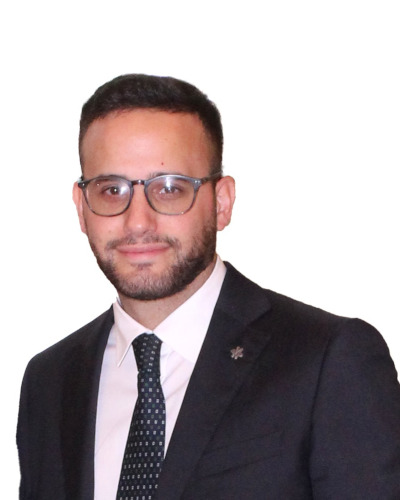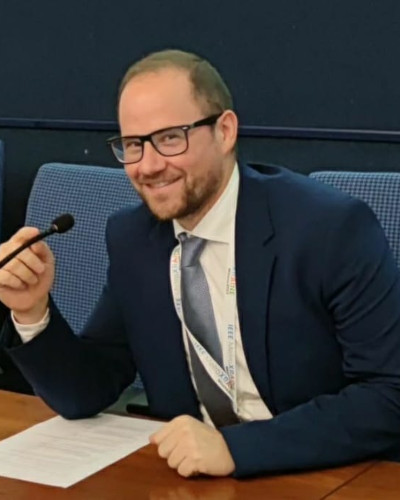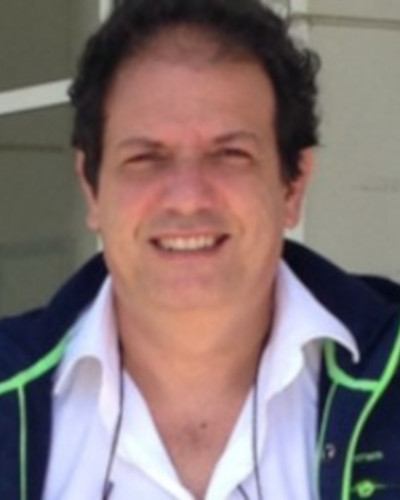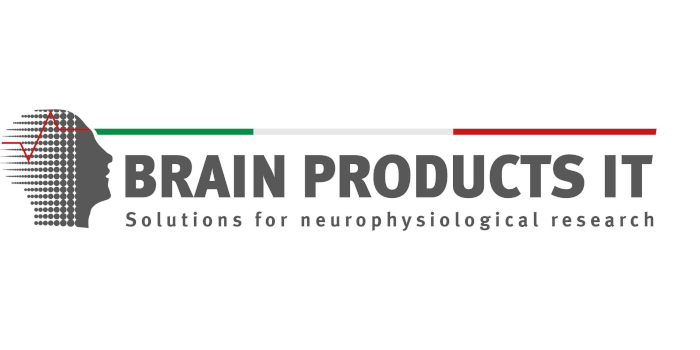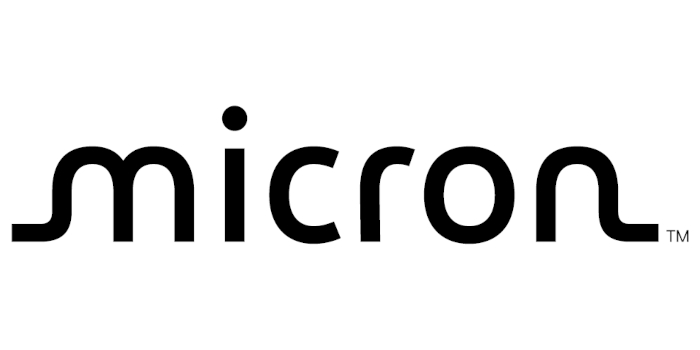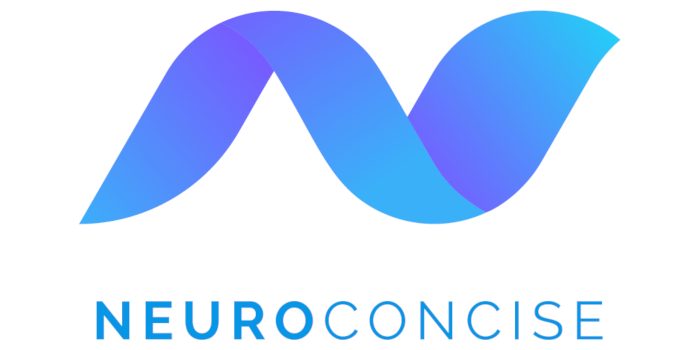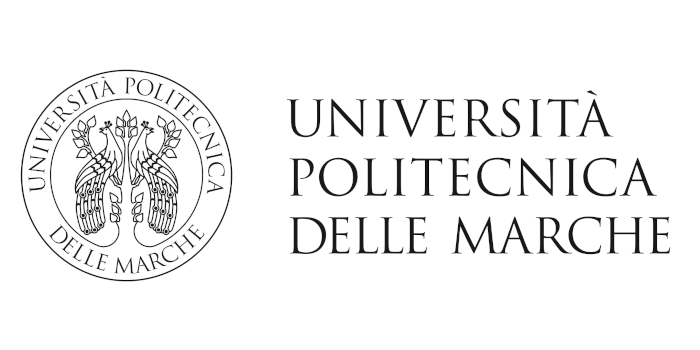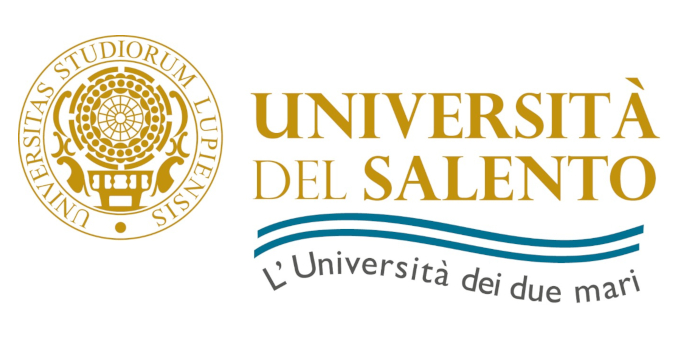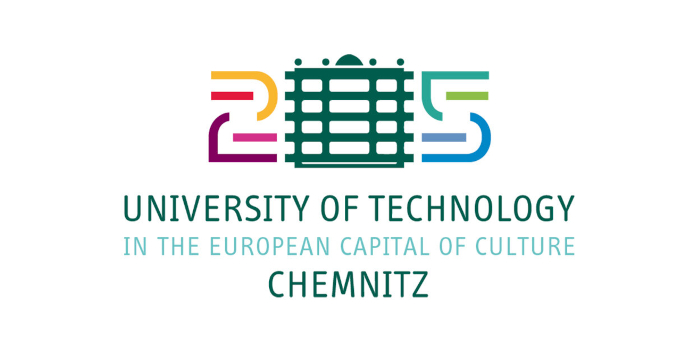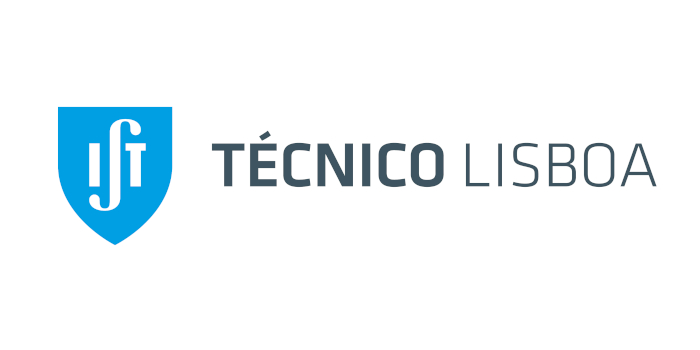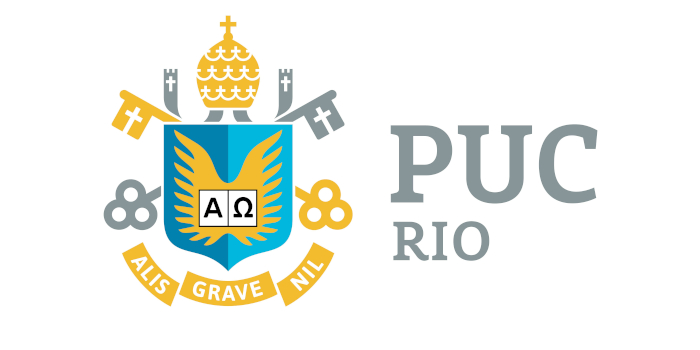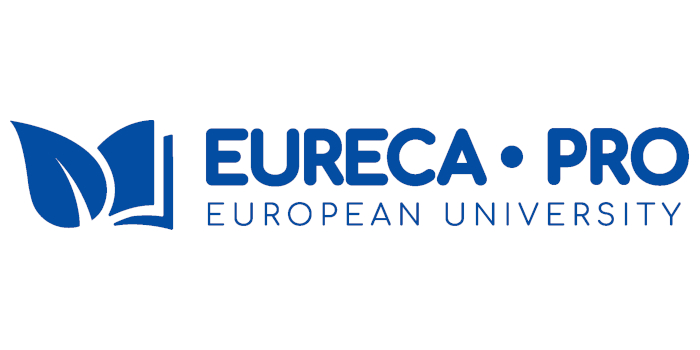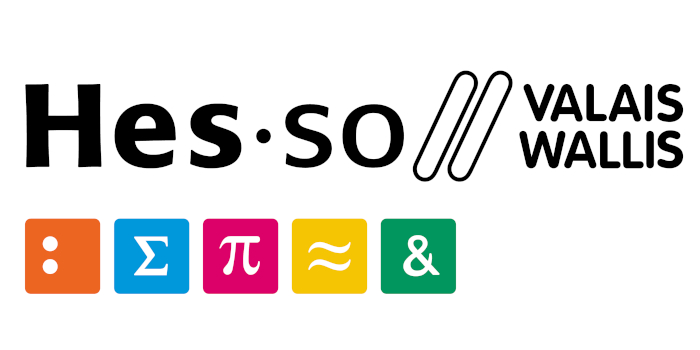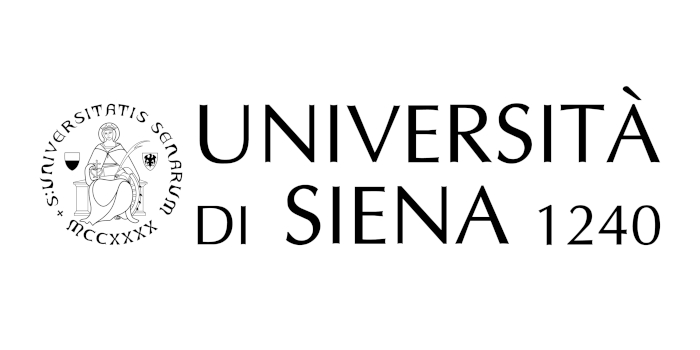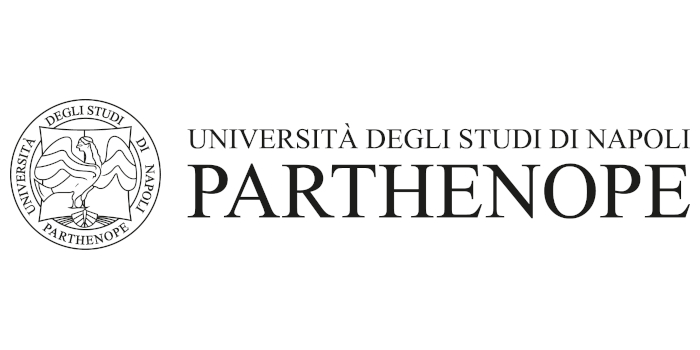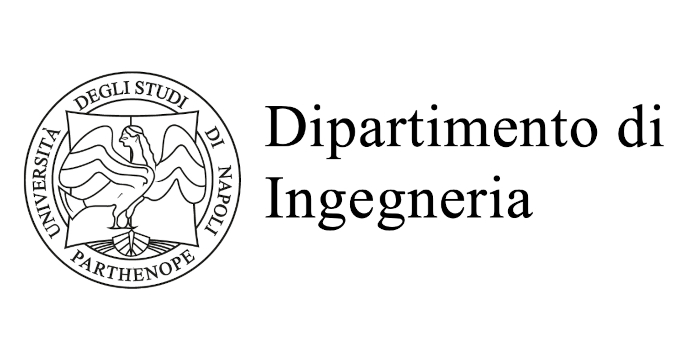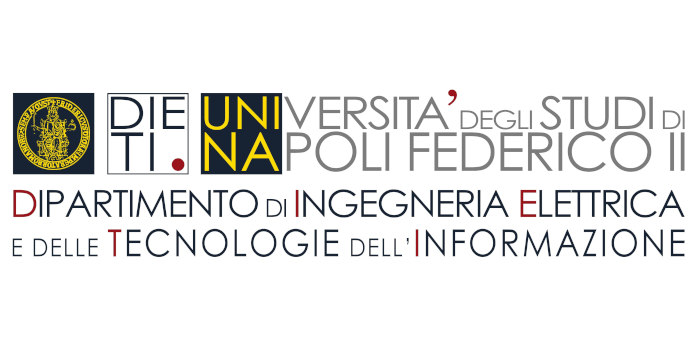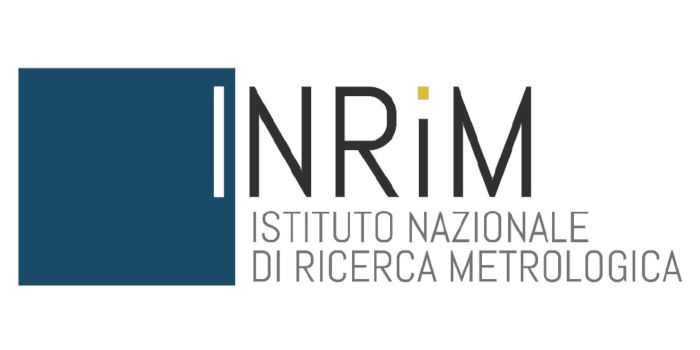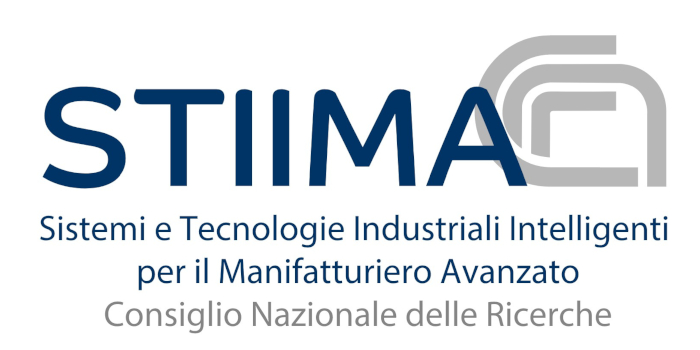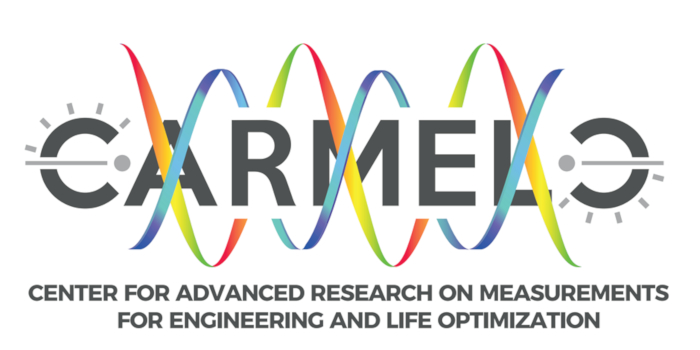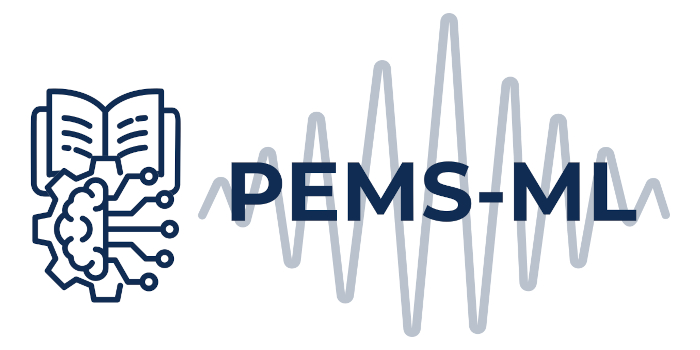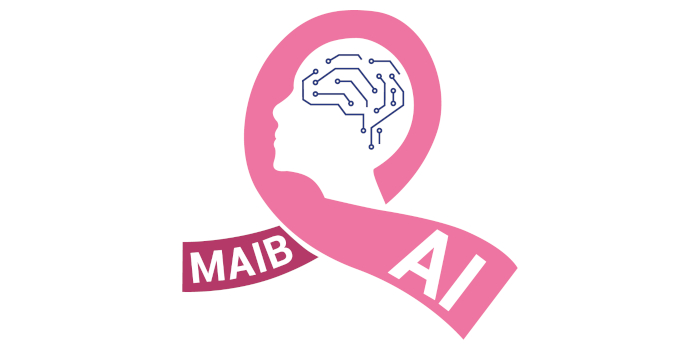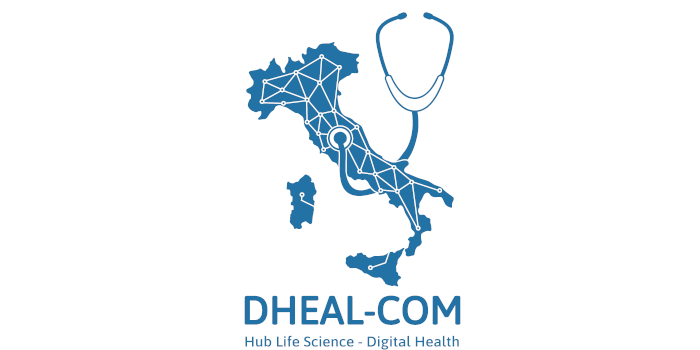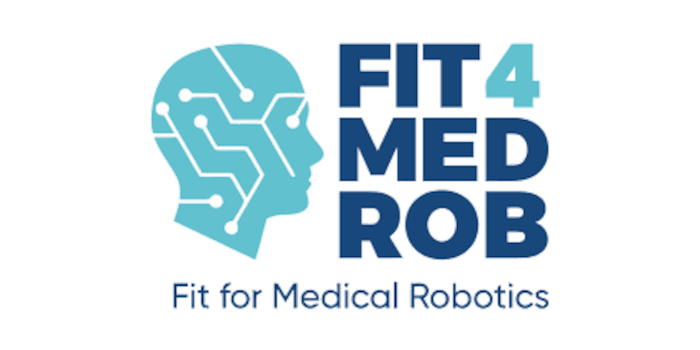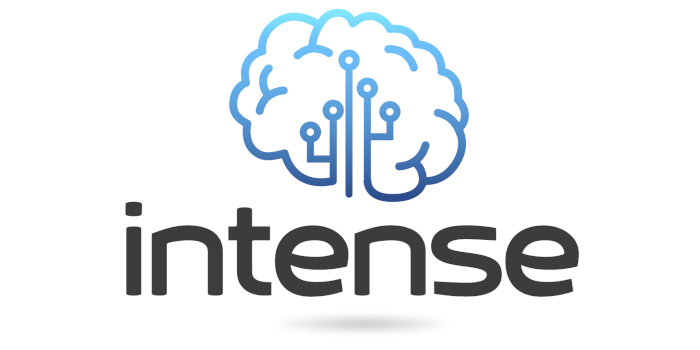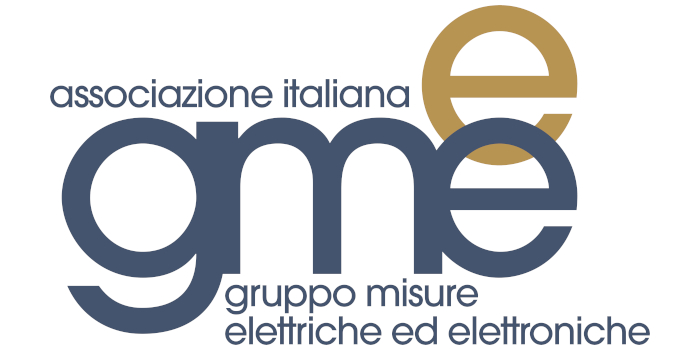THEMATIC SESSION #8
Integrated approaches to study the nervous system in health and disease
ORGANIZED BY
Giuseppe Prisco
University of Molise, Italy
Leandro Donisi
University of Campania Luigi Vanvitelli, Italy
Paolo Gargiulo
Reykjavik University, Iceland
Fabrizio Esposito
University of Campania Luigi Vanvitelli, Italy
Francesco Amato
Department of Information Technology and Electrical Engineering, University of Naples Federico II, Naples, Italy
ABSTRACT
The study of the nervous system is a challenging topic in the field of neuroscience but at the same time this system is very complex to analyze given the vast range of sensory, motor, and cognitive functions, as well as the interconnection with other human body systems.
To date, integrated, multiscale, and multimodal approaches, which use different methodologies such as Magnetic Resonance Imaging (MRI), Electroencephalography (EEG), Magnetoencephalography (MEG), Electromyography (EMG), Gait Analysis, Posturography are crucial to obtain a more complete understanding of the functioning of the nervous system both in normal and pathophysiological conditions.
This thematic session aims to highlight the importance of different investigation technologies, even combined, in understanding how the nervous system works.
TOPICS
Topics of interest for this Thematic Session include (but are not limited to):
- Bioinformatics;
- Brain connectivity;
- Brain MRI;
- Electroencephalography;
- Electromyography;
- Gait Analysis;
- Magnetoencephalography;
- Movement Analysis;
- Neural Engineering;
- Neural Networks;
- Neuroegonomics;
- Neuroimaging;
- NeuroRadiomics;
- Neuroscience;
- Posturography;
- Rehabilitation engineering.
ABOUT THE ORGANIZERS
Giuseppe Prisco is a PhD candidate at the Department of Medicine and Health Sciences of the University of Molise. He received his Master’s degree in Biomedical Engineering from the University of Naples Federico II in 2022 with a thesis entitled “A Machine Learning Model Based on Inertial Features to Predict Biomechanical Risk Classes According to the Revised NIOSH Lifting Equation” where an innovative approach for biomechanical risk assessment using machine learning was presented. Currently, his research focuses on “Adolescents and Social Networks: The Role of Artificial Intelligence in Promoting Mental Well-Being”. His main scientific interests include artificial intelligence, machine learning, biomedical signal processing, biomechanics, gait analysis, postural control, wearable technologies, and ergonomics.
Leandro Donisi is Assistant Professor of Bioengineering at the University of Campania Luigi Vanvitelli. He received Bachelor’s degree and Master’s degree in Biomedical Engineering at the University of Naples Federico II. Moreover he obtained his PhD in Biomophological and Surgical Sciences from the University Hospital of Naples Federico II. His main scientific interests involve: biomedical signal and image processing, biomechanics, gait analysis, postural control, wearable devices, rehabilitation engineering, ergonomics, neuroscience, brain connectivity, neuroradiomics. He is author and coauthor of several publication about these topics on international journals and he has several participations as speaker and organizer at national and international conferences. He serves as associate editor, editorial board member, guest editor and reviewer for several journals on biomedical engineering and has several scientific collaborations with national and international institutions.
Paolo Gargiulo is a full Professor at Reykjavik University. He studied at TU Wien and finished his PhD in 2009. He developed at Landspitali a 3D-Printing service to support surgical planning with over with a significant impact on the Icelandic health care system and he currently cooperates with institutions in Italy and UK to establish similar infrastructures. Paolo Gargiulo is the director of the Institute of Biomedical and Neural Engineering and medical technology center at the University Hospital Landspitali/ Reykjavik University. Paolo´s lab currently includes the following facilities: high density Electroencephalographic system (256-EEG), Postural control platform and Virtual reality system and 3D printing and additive manufacturing center.
Fabrizio Esposito is Full Professor of Bioengineering and Program Coordinator of the Bachelor’s Degree in Biomedical Engineering at University of Campania “Luigi Vanvitelli” (Italy). He graduated cum laude in Electronics Engineering (Bioengineering program) at University of Naples “Federico II” (Italy) and received the title of Doctor of Philosophy (PhD) in Neuroscience at University of Campania “Luigi Vanvitelli” (Italy). After his doctorate, he has been Post-Doctoral Research Fellow at Universities of Basel and Bern (Switzerland), Assistant and Associate Professor of Neuroscience Methods at Maastricht University (The Netherlands) and Associate Professor of Bioengineering at University of Salerno (Italy). Between 2001 and 2023, Fabrizio Esposito has (co-)authored more than 350 scientific publications including full-length articles, abstracts and proceedings indexed on Google Scholar (h-index: 63), 239 full-length articles on peer-reviewed international journals indexed on Scopus (h-index: 51) and book chapters to invited scientific editions from Oxford Press, Springer and Elsevier. His research interests and projects, in part funded by European Union and Italian Ministry of University and Research, pertain to the study of physiological and pathological mechanisms affecting the in-vivo observation of neuronal networks in the living brain using neuroimaging methods, with particular interest in functional and structural MRI.
Francesco Amato was born in Naples on February 2, 1965. He received the Laurea and the PhD Degree both in Electronic Engineering from the University of Naples in 1990 and 1994 respectively. From 2001 to 2003, he has been Full Professor of Automatic Control at the University of Reggio Calabria. In 2003, he moved to the University of Catanzaro as Full Professor of Automatic Control and, from 2010 to 2018, as Full Professor of Bioengineering. At the University of Catanzaro, he has been the Dean of the School of Computer and Biomedical Engineering, the Coordinator of the Doctorate School in Biomedical and Computer Engineering, the Director of the Biomechatronics Laboratory and the vice-president of the School of Medicine. In 2018, he moved to the University of Naples Federico II, as Full Professor of Bioengineering, where he currently is the dean of the School of Biomedical Engineering. The scientific activity of Francesco Amato has developed in the fields of systems and control theory, of computational biology and of the modeling and control of biomedical systems. He has published more than 350 papers in international journals and conference proceedings, and three monographies, two with Springer Verlag, and one with Wiley. He serves as reviewer for the most important journals in the field of Bioengineering and Automatic Control, and has revised many research projects both at the national and at the international level.


